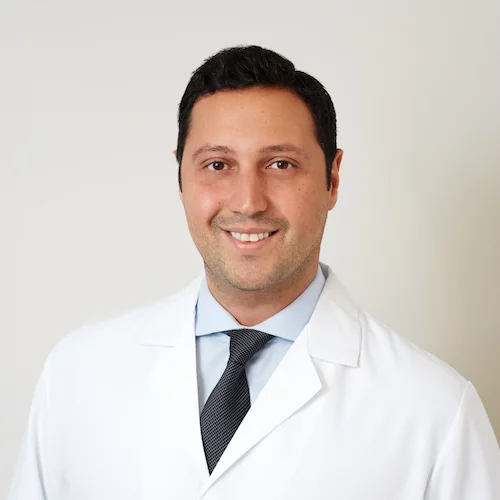A cholesterol test (lipid panel or lipid profile) measures the amount of “good” and “bad” cholesterol and triglycerides in your blood. There are two types of cholesterol testing:
The first is called a complete cholesterol blood test also called a lipid panel test, that tests for the amount of cholesterol and triglycerides in your blood. A complete cholesterol test includes the calculation of four types of fats (lipids) in your blood.
The second is called a nuclear magnetic resonance spectroscopy or NMR. The NMR test is an advanced cardiovascular diagnostic test that uses nuclear magnetic resonance (NMR) spectroscopy to provide rapid, simultaneous, and direct measurement of LDL particle number and size in addition to direct measurement of HDL and VLDL subclasses. This detailed lipoprotein particle information allows health professionals to make more effective individualized treatment decisions than previously possible based on a standard lipid panel test.
Although the NMR is a more detailed test, it is also more expensive, takes more time to result, and is not always needed to assess cardiovascular risk. Depending on your risk factors, your cardiologist or internist will determine which test is indicated and best to assess your overall cardiovascular risk.
Your cholesterol blood test may require you to go nine to twelve hours without eating or drinking anything other than water immediately prior to your appointment. This does not apply to all cholesterol tests, so consult with your doctor before the examination.
Since high cholesterol doesn’t have any symptoms, you should talk to your doctor about getting your levels tested. Depending on your family history and lifestyle, you may discover that you have hyperlipidemia. Luckily, there are plenty of treatment options for this common problem.
The process of cholesterol testing is very simple and is often done during routine annual blood work. We then analyze the sample in our diagnostics lab. Depending on the lab, same-day results are possible; however, most results get resulted in 2-3 business days. A complete lipid panel measures four types of lipids, or fats, in your blood:
- Total cholesterol: This is the total amount of cholesterol in your blood.
- Low-density lipoprotein (LDL) cholesterol: This is referred to as “bad” cholesterol. Too much of it raises your risk of heart attack, stroke, and atherosclerosis.
- High-density lipoprotein (HDL) cholesterol: This is referred to as “good” cholesterol because it helps remove LDL cholesterol from your blood.
- Triglycerides: When you eat, your body converts the excess calories into triglycerides, which are stored in your fat cells. People who are overweight, diabetic, eat too many sweets, or drink too much alcohol can have high triglyceride levels.
Depending on the results and your risk factors, you may need to come in for follow up or be referred to a cardiologist for further risk assessment and possible treatment. Cholesterol levels are measured in milligrams (mg) of cholesterol per deciliter (dL) of blood. Normally, cholesterol levels fall into the following ranges:
LDL: 70–130 mg/dL
HDL: more than 40–60 mg/dL
Total cholesterol: <200 mg/dL
Triglycerides: 10–150 mg/dL
If your cholesterol test results fall above the average, then we recommend coming in to talk about how we can bring your levels back to normal. Those with cardiovascular disease or higher risk factors may need to be assessed every year. The American Heart Association recommends having your cholesterol and other risk factors checked every four to six years after the age of 20.
If your level falls outside the normal range, you may be at a higher risk of heart disease, stroke, and atherosclerosis. Your doctor may order a blood glucose test to check for diabetes. Your doctor might also order a thyroid function test to determine if your thyroid is under-active.



